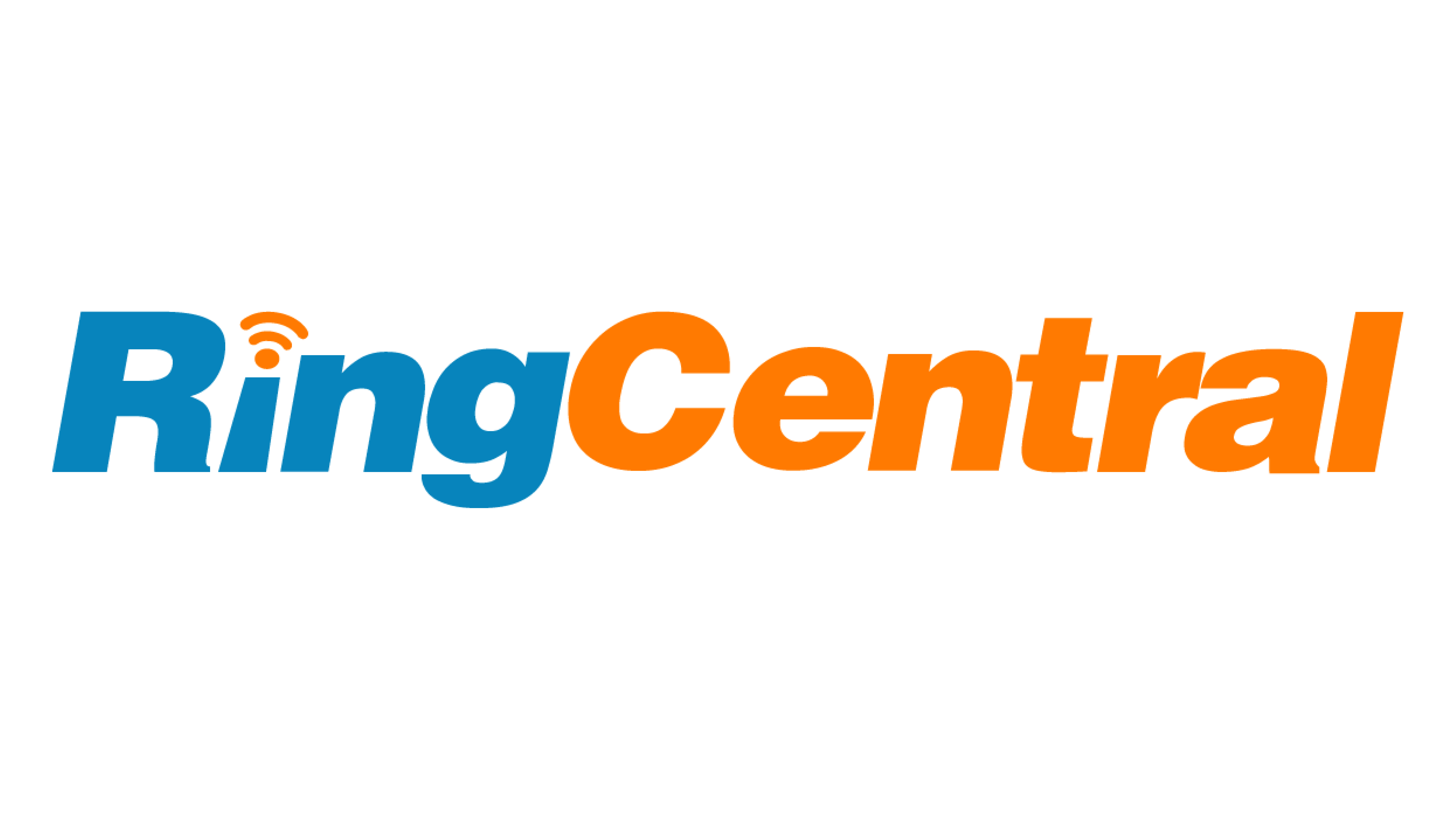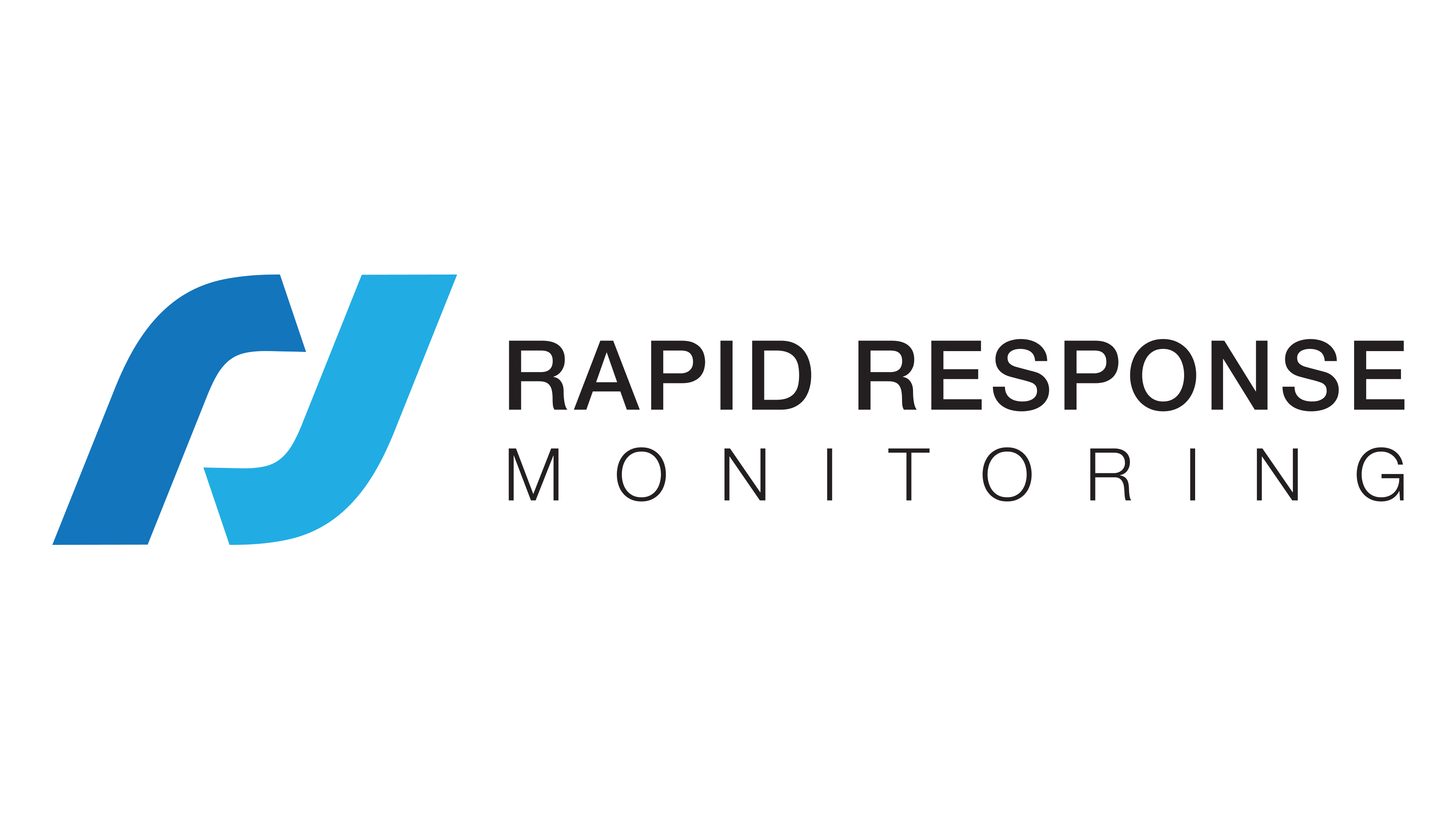Visit FieldHub at ISC West — Booth 31093
Schedule a 1:1features

With today’s global reality, we wanted to take the opportunity to share some of our favorite resources to help security installers acclimate to a remote working model.
From the very beginning, we built FieldHub around distributed teams. We have key team members in the US, Canada, and Europe. Even before launching FieldHub, I ran my security integration business, Urban Alarm, with distributed teams. From accounting and HR to provisioning video servers and IP cameras, our team members were dispersed across the globe. We shared one of our configurations for remotely provisioning IP gear in a previous post here.
In this post, we have collected the tools we’ve used over the years that have made this model a success.
We’re skipping file sharing and document creation since most organizations are using Microsoft 365 or Google which are both going to provide flexibility and functionality for a distributed team.
Photo Credit: Photo by Andrew Neel on Unsplash

Bring Zoom call activity into your operational workflow.
Calls and virtual conversations play an important role in how field service and security integration teams coordinate work. But when those conversations stay inside Zoom, critical context can be lost once the call ends.
FieldHub’s Zoom integration connects call activity directly to FieldHub, making it easier to reference conversations, maintain accurate customer records, and keep teams aligned—without adding manual steps.

Bring call activity into your field service and security operations.
Phone calls are still central to how field service and security integration teams work. But when calls live only inside a phone system, important context is often lost—especially during handoffs, follow-ups, and scheduling changes.
FieldHub’s RingCentral integration connects phone communication directly to FieldHub, so call activity is visible alongside the customer records and workflows your team already uses.

FieldHub, the all-in-one, cloud platform for security and field service businesses, and Rapid Response Monitoring, the industry’s leading provider of professional In-Facility Monitoring, are pleased to announce a new integration that streamlines the creation and ongoing management of monitored subscriber accounts—right from within FieldHub. The integration helps dealers reduce double entry, accelerate job closeouts, and keep service quality tight across the full lead-to-invoice lifecycle.
With FieldHub’s Systems Management capabilities, dealers can perform central-station actions without leaving the platform—including creating central station accounts from account/site details, placing systems on and off test, and activating/deactivating systems—so field operations, billing, and account records stay in sync.